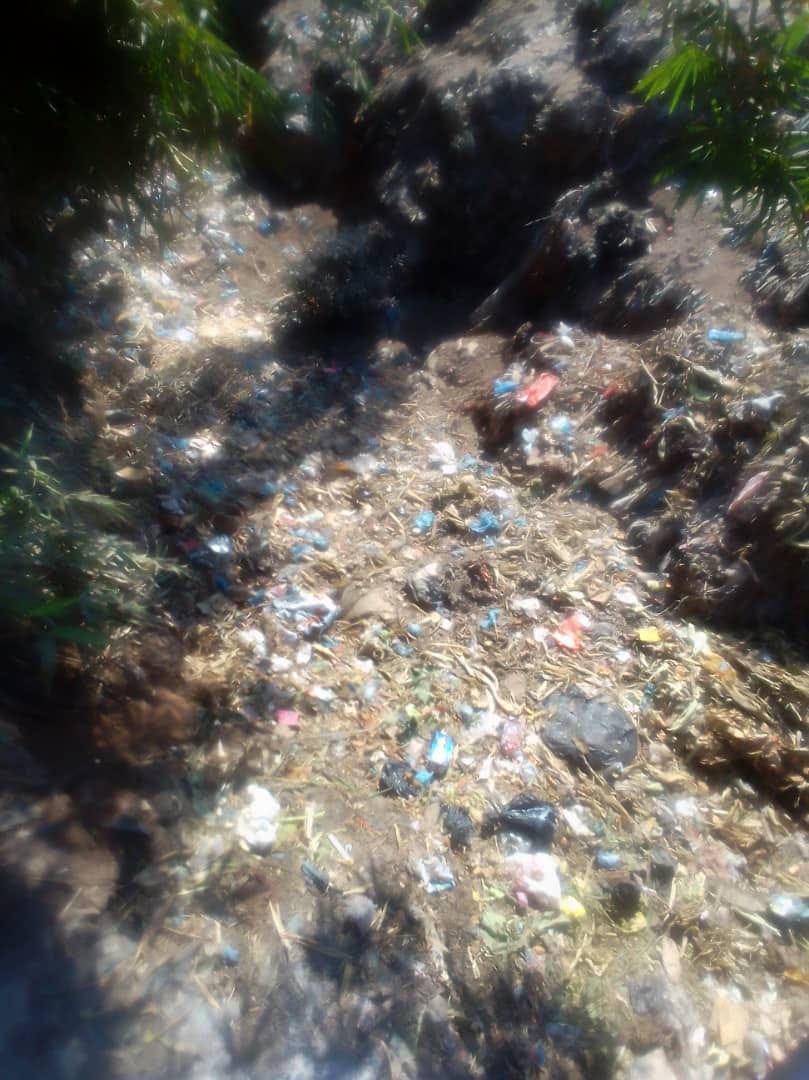Study: Malawians Deeply Reliant on Plastics Despite Environmental Concerns
The United Nations Environmental Programme reports that Malawi uses approximately 75,000 tonnes of plastic products annually, with 80% being thin plastic.
BLANTYRE, Malawi— A new study reveals that many Malawians continue to depend heavily on plastics for daily survival, complicating efforts to ban their production and use due to environmental concerns, writes Chrissie Hazimthera Mainjeni.
The Sustainable Plastic Attitudes to benefit Communities and their Environments (SPACE) study, conducted by the Malawi Liverpool Wellcome Programme and partners, found widespread plastic use in Ndirande township.
"Plastics are a source of livelihoods for households," said Kestern Mkoola, a research assistant for the SPACE study.
"Plastic pickers earn a living and many businesses depend on plastics like bottles and bags for selling their products."
The findings come as 11 companies have obtained a court injunction to halt the government's ban on thin plastic production.
The Ministry of Natural Resources and Climate Change argues these plastics threaten human life and the environment, taking 10-20 years to decompose.
Environmental activist Godfrey Mfiti praised the study, saying it will help inform policy decisions.
He urged the government to support entrepreneurs in developing alternatives to thin plastics.
"Government should empower entrepreneurs in the private sector through Small and Medium Enterprise Development to find technologies that would replace thin plastics and conserve the environment," Mfiti said.
The United Nations Environmental Programme reports that Malawi uses approximately 75,000 tonnes of plastic products annually, with 80% being thin plastic.
The five-year SPACE study, set to conclude in March 2025, aims to understand public health risks and environmental impacts of plastic pollution in developing countries and explore effective interventions.



